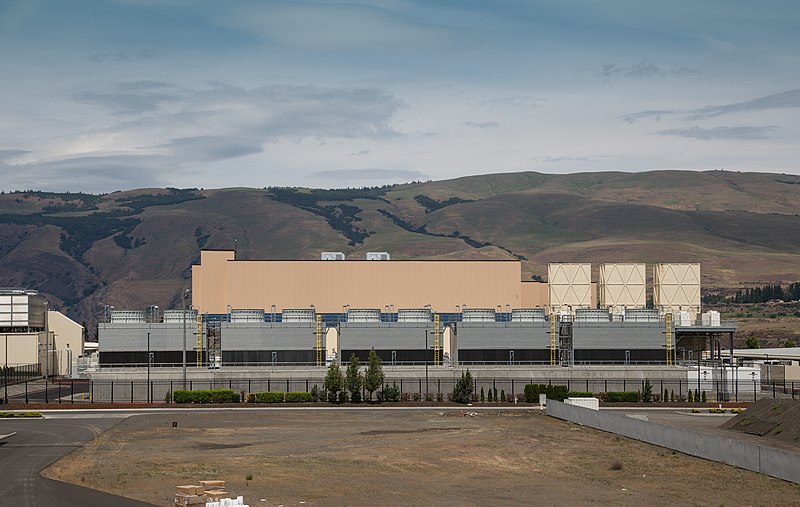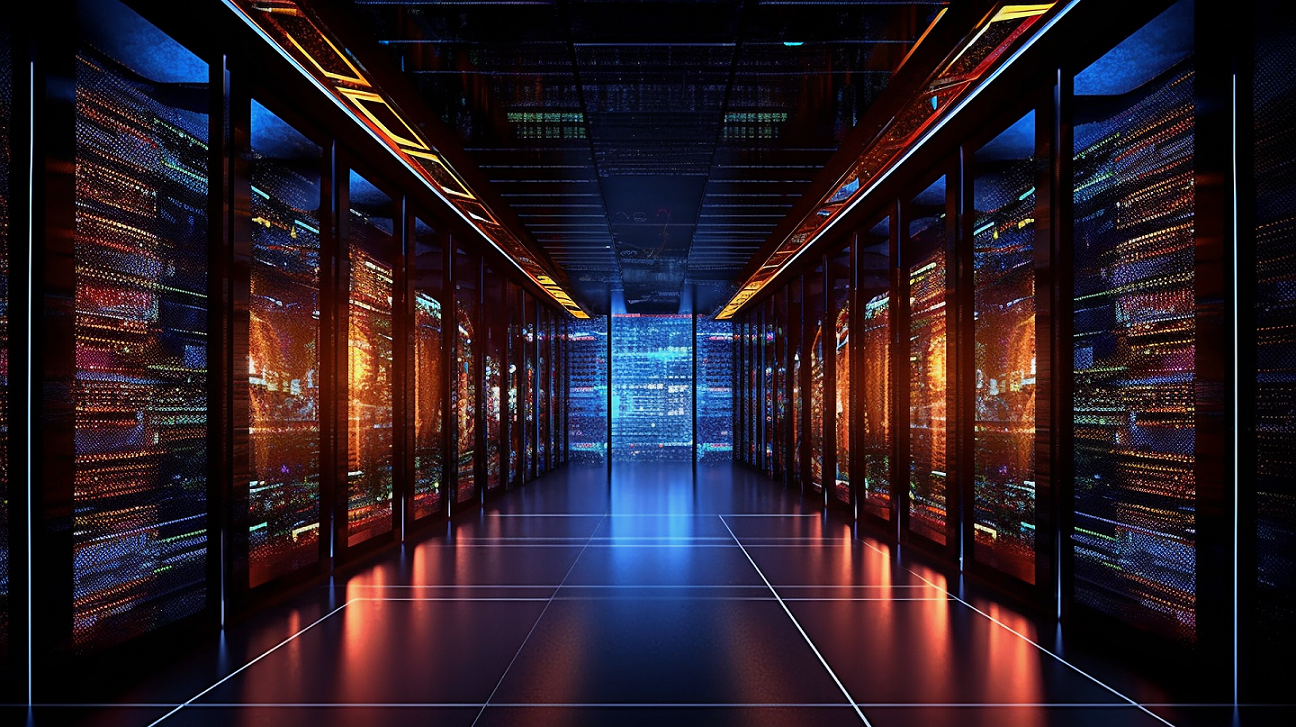Imagining the death of the internet isn’t hard in an era of rising resource costs and diminishing returns.
Imagine the death of the internet. It’s easy if you try.
A precursor of the modern internet, ARPANET stood for “Advanced Research Projects Agency Network.” First used in 1969, it was a tool for researchers and academics. The concept of connected computers, which were then huge room-dominating mainframes, attracted U.S. government attention during the Cold War. Universities and the military both saw the practical applications of being able to send and receive data over the wires, and a network that was resilient enough to continue working even if some nodes were taken offline or destroyed. The word “Internet” was first used to describe this growing, interconnected web in 1983, and by the end of 1990, Tim Berners-Lee constructed the first web browser.
That was the beginning, well within living memory. What will the death of the internet look like? And how could that even happen, when so many people live so much of their lives online?
While it seems like the internet will always be there (and allegedly, it never forgets), online content is by nature ephemeral. Consider the community of food bloggers who came together after the death of one of their own, Isabella King, who wrote a food blog called Coriander Queen before she passed away in 2017 at the all-too-young age of 29. The Coriander Queen blog no longer exists, and Izzy’s luscious-sounding recipes would have disappeared had some of them not been memorialized in posts by her fellow foodies.
Lossiness (as it were) isn’t limited to vanishing blogs. In 2020, a study found that scientific journals were disappearing, too. By then, nearly 200 online-only, open access journals which posted findings from the sciences, social sciences and humanities were no longer available, with another 900 inactive journals at risk of falling offline as well. Periodically, old parchments and books surface in libraries and dusty medieval monasteries, from which ancient texts can be resurrected with new technology, like this catalog of stars recorded by the Greek astronomer Hipparchus, but scientific research from, say, the year 2000 may well be permanently lost. Eventually, the death of the internet will take a lot of knowledge with it.
Legal problems could even await those who take the initiative to archive useful or beloved content before it disappears. Sony Online Entertainment stopped supporting Star Wars Galaxies, an online-only game, in 2011, a fate that befalls many a game as its user base declines. However, a core community of active, disappointed players remained. One diehard fan decided to risk legal consequences by building an emulation of the game and running it from a home-based server. Since would-be players need an original client (now, usually purchased as a secondhand game CD) to play, the simulation developers skirt the legal technicality by claiming that they don’t distribute any copyrighted material. Hardcore fans may be the future of media preservation.
The internet, however, isn’t what it used to be.
The old hacker ethic that “information should be free,” in large part because the cost of distributing it was declining precipitously with the advent of widespread internet use, went out the window with the introduction of paywalls plus an interminable array of popups, logins, robot chat windows, subscription options, and other barriers that made internet use inconvenient and terminally annoying in recent years. Try this apt simulation and see if it doesn’t strike a chord – or a nerve. The death of the internet will be hastened in direct proportion to how difficult and expensive it is to access and maintain.
In a world of declining resources, it could get too expensive rather quickly.
“The cloud” sounds like an invisible space among the fiber optic wires, but in reality, it’s in places like Mesa, AZ. Data centers – giant warehouse-like buildings that hold rows and rows of servers – use a lot of energy, which makes a lot of heat. A large data center can require between one and five million gallons of water daily, or as much as a small town, for evaporative cooling, lest it risk failure from overheating or even catching fire. (In some places, waste heat from data centers is used to warm homes or businesses, which is better than not using it, but is really only as sustainable as the data center itself.)

Plenty of data centers are located in the American West, where land is cheap and using solar or wind power can even lend the tech sector some green cred, but the West is sorely lacking water. When data centers have to compete with drinking water or agriculture, which is the best use for scarce resources?
Data centers also produce a mountain of waste. In a 100,000 square foot data center, there can be 150,000 actively working hard drives, and a technician walking through the facility twice a day to remove and replace the drives that failed since the last walkthrough. By 2021 figures, some 20-70 million hard drives in the United States (most, from data centers) reach the end of their useful lives every year, creating a scourge of sensitive e-waste. For businesses willing to spend the money, some of that material could be recycled, but it’s usually cheaper just to throw it all away (in the finite amount of “away” out there).
Environmental and waste management aren’t the only costs of internet use, there’s also the social cost. The law of diminishing returns definitely comes into play. Boomers invented the internet; they and Gen X may remember a time when it consisted of Usenet groups and IRC (Internet Relay Chat), with the vibe of a small, fringe community. How the times have changed! Now social media harbors hate and disinformation, poisons our body politic, and is kind of cringe, as the kids say. Is it mostly just a bunch of bots talking to each other, anyway?
Then came AI. AI-generated output is only as good as the input on which it was trained. So far, the AI-based content proliferating on the internet has been derivative of human-generated original content, which is bad enough. Soon, though, we will have AIs that are trained on the content produced by other AIs, a “degenerative process” that will increase inaccuracy and worsen quality over time. According to Ross Anderson, a professor of security engineering, “Just as we’ve strewn the oceans with plastic trash and filled the atmosphere with carbon dioxide, so we’re about to fill the Internet with blah.”
The death of the internet is not imminent, but it will ultimately arrive. While the ‘net will surely remain useful for applications like banking, paying bills, checking the weather, remote work and sending messages, at least for a while, the costs are growing as the benefits shrink. Eventually, the same worsening conditions that make modern civilization untenable will do in the internet as well. One day, as we go outside and touch grass (where applicable), nobody will be Googling up articles about how to wean themselves from their smartphones. In due course, one can imagine future beaches lined with the shiny plastic remains of CD-ROMs ground to sand by warm ocean currents and the friction of time.
Related: After Cambridge Analytica, is Social Media a Social Disease?


Join the conversation!